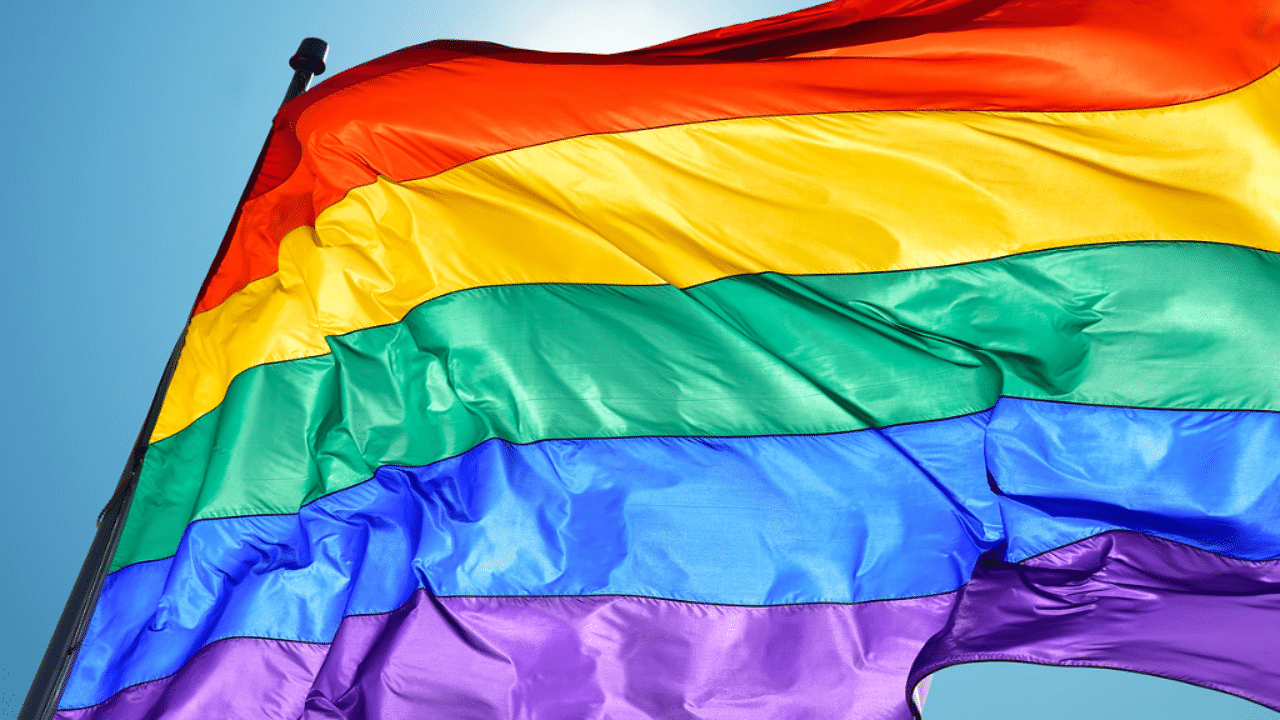The Covid-19 pandemic has posed unprecedented challenges before us but the issues and challenges being faced by the queer community in India are neither specific to the pandemic nor are we certain that once the pandemic phase comes to an end they will cease to make life difficult and full of suffering for members of this community.
While there is an acknowledgement of the reality that the queer community doesn’t comprise of a homogenous whole but a complex society having internal variations , the much-needed healthcare and survival resources amid the pandemic has erected new challenges.
Several studies conducted amid the pandemic remind us that trans women for example experience greater harassment and denial of dignity as compared to trans men, homeless queer people and queer sex workers have far lesser claims on economic and employment opportunities as compared to queer people from financially and culturally better-off backgrounds. Queer migrants who have travelled from rural to urban areas in search of acceptance or employability or people undergoing medical treatment such as Sex Reassignment Surgeries, Hormone Replacement Therapy or facing physical and mental disability in metros have been faced with differential access to resources determined by a variety of intersectional factors.
In most cases the community has faced severe vulnerabilities owing to limited housing and employment, access to food and healthcare and these challenges have erected newer difficulties Covid-19. While healthcare may largely be cis-centric and heteronormative and healthcare as a service has only been accessible to a few privileged members of the queer population from ever prior to the outbreak of this pandemic, the situation has turned even worrisome over the last many months.
Most members of the queer population also report histories of being badly treated and humiliated by medical institutions for their non-subscription to the heteronormative mainstream. As a result, a large section of the queer community feels hesitant, uncomfortable and discouraged to access medical care fearing further stigmatisation and they are at a greater risk of not being tested or treated for Covid-19.
Apart from severely impacting how the queer community accesses medical care, the pandemic has also affected other domains of their societal existence such as their ability to mobilise members physically, collect resources for betterment, access to shared living spaces, resources that enable mental wellbeing or life-affirming opportunities.
Thus the community becomes further vulnerable as it is faced with rampant unemployment and financial distress, emotional and psychic vulnerability and lack of interventions that allow mobilisation or collective protest for shared concerns. This lack of a vibrant space for political articulation has further weakened the community’s much-felt need for representation in the mainstream.
This can be best explained by the government’s recent demand for responses from within the queer community on its decision of implementing the Transgender Persons(Protection of Rights) Act, 2019. Responses from the community indicate that the Act has been counterproductive in many ways as it requires official certificates determining one’s sexuality, which is notably hard to obtain and the process is often full of stigmatisation and social ostracisation.
The passing of the act at a time when the community is busy fighting for mere survival and safe existence and when public meetings of trans groups aren’t possible, has often meant that this was nothing but “political tokenism”. Other challenges being faced by the community include prolonged marginality and financial distress, lack of access to sensitive therapists who empathise rather than stigmatise, intensified societal violence and discrimination by mental health practitioners and lack of voice and representation as far as access to food, shelter and housing may be concerned.
While empathy and awareness may be the need of the hour, a sustained and collective action towards a less-judgmental and more accepting social order is required to ensure lives are lived with dignity and worth amid and after the pandemic.
(The writer is Founding Editor, The New Leam)
